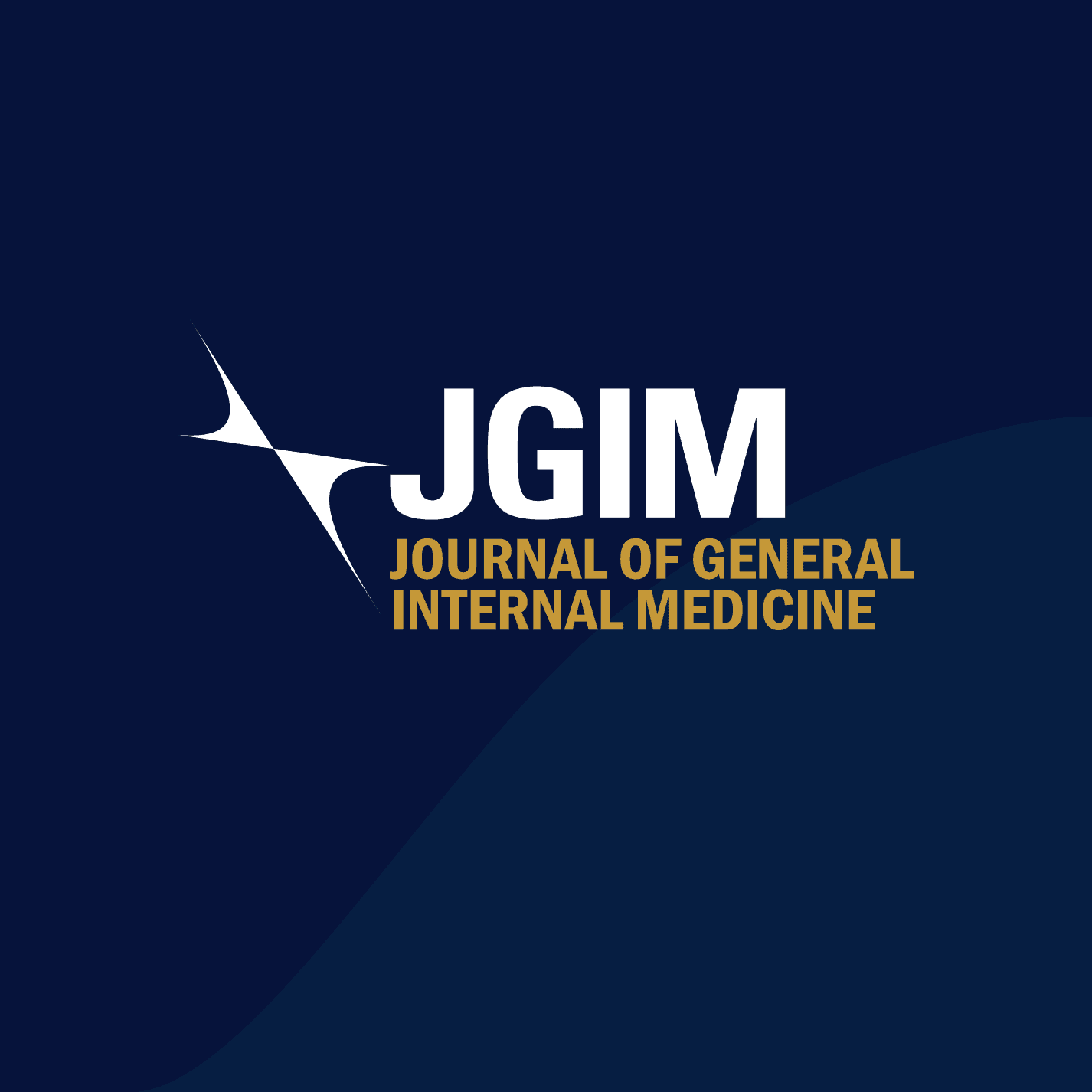Abstract
Background
Alcohol-related hospitalizations are rising; however, medications for alcohol use disorder (M-AUD) are underprescribed despite their effectiveness to reduce heavy drinking. In-hospital administration of intramuscular (IM)-naltrexone may reduce negative health outcomes among people with AUD who are unable to take daily MAUD.
Objective
To assess addiction clinicians’ perceptions of offering and administering IM-naltrexone and to assess hospitalized patients’ perspectives on their alcohol use and acceptance of MAUD.
Design
Multi-methods using surveys and semi-structured interviews.
Setting and Participants
Hospital-based addiction clinicians (n = 20) and hospitalized patients with AUD (n = 25) at a university hospital.
Approach
Descriptive statistics were used for quantitative data analysis. Key informants were identified using convenience sampling; inductive and deductive methods were used to analyze interview transcripts.
Key Results
Clinicians reported that offering and administering in-hospital IM-naltrexone was acceptable, appropriate, and feasible before and after it became available to hospitalized patients. Most patients (92%) accepted IM-naltrexone before agreeing to an interview. Themes emerged related to patient’s complicated relationship with alcohol, ranging from minimizing alcohol’s impact on their family and health, to concerns about how alcohol was negatively affecting them and their loved ones. Many acknowledged that alcohol damaged their health, while also describing ambivalence about their alcohol use or being incapable of reducing their alcohol use. Others expressed motivation and assuredness of sobriety with IM-naltrexone. Most reported accepting IM-naltrexone because they hoped it would improve their health and relationships, because it was convenient, and because it offered security over a pill. Others used alcohol to self-manage challenging emotions and had difficulty considering a life without it.
Conclusions
ACS clinicians viewed IM-naltrexone provision favorably. Some patients expressed concern about their alcohol use and its health impacts while others were ambivalent. Despite this, most accepted MAUD. All forms of MAUD should be offered in the hospital to support patients’ recovery goals.
Topic
JGIM
Author Descriptions
Division of Hospital Medicine, Department of Medicine, University of Colorado, Aurora, CO, USA
Susan L. Calcaterra MD, MPH, MS, Sarah Mann MA, Eric Grimm MS, Angela Keniston PhD, MSPH & Scott Saunders MD
Division of General Internal Medicine, University of Colorado School of Medicine, 8Th Floor, Academic Office 1-Office 8219, Mailstop B180, 12631 E. 17Th Ave, Aurora, CO, 80045, USA
Susan L. Calcaterra MD, MPH, MS
Share
Related Articles
Clinical Utility of Routine Monoclonal Gammopathy Testing in the Evaluation of Peripheral Neuropathy
Abstract Background Peripheral neuropathy can be associated with certain monoclonal gammopathies; therefore,…
Starting Two or More Drugs Concurrently in Primary Care: How Often Is It Done, How Often Is It Needed?
Abstract Background There is growing awareness of the need for more cautious,…


